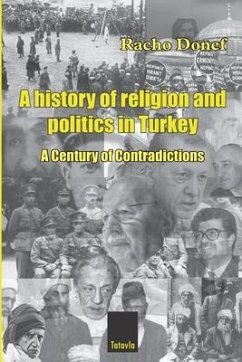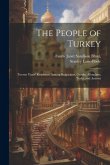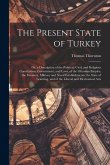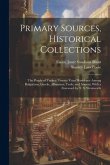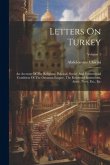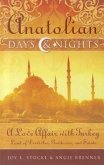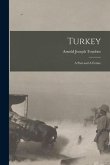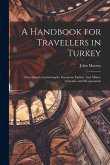The present study is about the interplay of politics and religion in Turkey. This study was originally prepared as a thesis for the requirement of a doctorate in philosophy degree in the field of political science. Some changes were required to the present book as a thesis is intended for a very narrow readership and it was necessary to update some of the content to some extent reflect the latest developments in the Turkish political process. The title suggests that these two fields can be separated, but the boundaries between them are amorphous. The stated objective of laicism by the early Republican regime did not translate to laicisation i.e. separation of religion and politics, but it remained a forceful state narrative until Recep Tayyip Erdoğan came to power. I argue that the entire project of laicism project was flawed in execution. Separation of religion and politics did not occur; instead, the management of "religion", i.e. Sunni Islam, became a state project. My core argument is that there is no observable distinction between institutional religion and politics in contemporary Turkey, noting that nationalism played an agglutinative role in connecting the two fields. Turkey under Erdoğan provided a striking example of the mutual interrelatedness of religion and politics with the state no longer promoting Kemalist ideology or laicism. The foundation myths are no longer useful as the governing party now produces different kind of discourse, for instance martyrdom, using Islamic motives. The original project to manage, control and define Islam through the monopoly of one party and ideology has transformed the state to a near monopoly of another party, which still constructs and defines Islam, nationalism and civic life.
Hinweis: Dieser Artikel kann nur an eine deutsche Lieferadresse ausgeliefert werden.
Hinweis: Dieser Artikel kann nur an eine deutsche Lieferadresse ausgeliefert werden.

